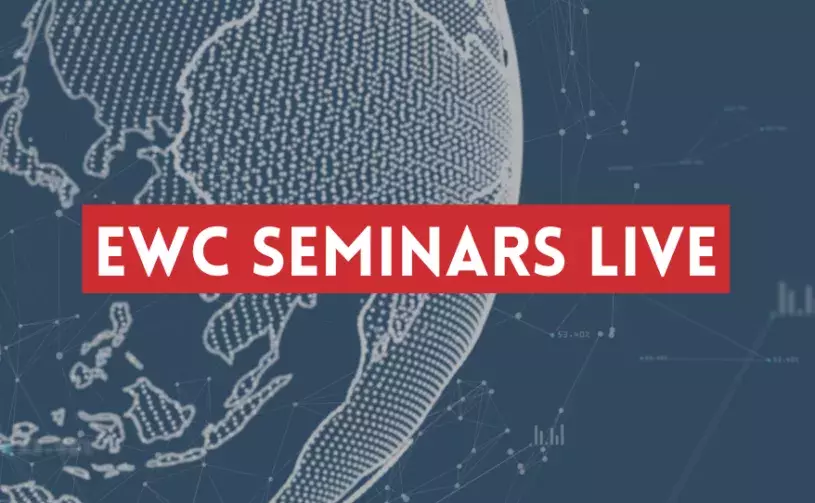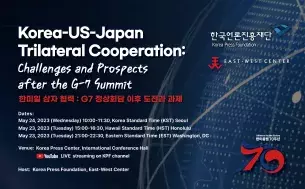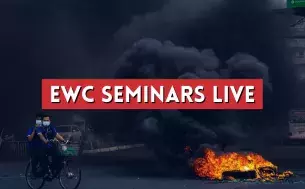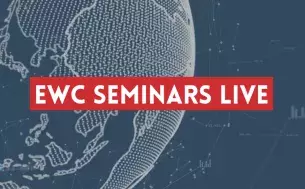Error message

OFFICE/DEPARTMENT
Conspiracy theories have simmered on the fringes of global society for years. But as COVID-19 spread across our physical world in 2020, an “infodemic” invaded our virtual one, and conspiracy theories, promising answers to those experiencing confusion, isolation and grief in an upside-down world, found new audiences. In India, Hindu nationalists tweeted and retweeted the hashtag #CoronaJihads as they accused Muslims of spreading the virus. In Europe, meanwhile, 5-G cell phone towers were vandalized in the belief that they activate the virus while an anti-vaccination movement threatened global health and Jewish conspiracy theories threatened pluralism and fueled hate crime. Similarly, in Southeast Asia, political parties and candidates have actively circulated disinformation and inflamed religious tensions to discredit their political opponents. In the U.S., a growing number of suburban women and wellness influencers adopted QAnon beliefs and circulated fanciful stories of a global cabal and election fraud. Although the particulars may be new, the appeal of conspiracy theories is not.
Conspiracy theories thrive when uncertainty is high; trust in institutions, accessible information, and its sources is low; and in-groups fear the loss of status, privilege or freedom. The intertwining of disinformation with fact, fragmentation of media into competing partisan bubbles, political opportunism, social media algorithms, and additional time spent online during lockdown have, moreover, amplified and extended the reach of conspiracy theories within the global citizenry. Conspiracy theory communities have also adapted to platform bans by moving to alternative networks and taking their messaging offline through rallies and publishing print newspapers. Hear prominent international experts explore the rise of conspiracy theories globally; the societal fault lines that have provided fertile soil for the propagation of these ideas; the mechanisms that have reinforced and disseminated these ideas; and how pre- and debunking might inoculate citizens from and delegitimize conspiratorial messages.
Speakers
- Stephan LEWANDOWSKY, Co-author, Conspiracy Theory Handbook; and Professor of Psychology and Chair of Cognitive Psychology, University of Bristol, Bristol, United Kingdom @STWorg
- Tom ROSENSTIEL, Executive Director, American Press Institute, Arlington, VA, USA @TomRosenstiel
- Amir ALI, Assistant Professor of Political Science, Jawaharlal Nehru University, Delhi, India
- Anna-Sophie HARLING, Managing Director, Europe and Executive Vice President, NewsGuard, London, United Kingdom @asharling
- Ross TAPSELL, Director, ANU Malaysia Institute, and Senior Lecturer, Department of Gender, Media and Culture, The Australian National University, Canberra, Australian @RossTapsell
Moderator
- Charlotte ALTER, Senior Correspondent, TIME, Brooklyn, NY, USA @CharlotteAlter
Click here for headshots and biographies.
Thank you to the following organizations for supporting this event and sharing program information with their members:

Conspiracy theories have simmered on the fringes of global society for years. But as COVID-19 spread across our physical world in 2020, an “infodemic” invaded our virtual one, and conspiracy theories, promising answers to those experiencing confusion, isolation and grief in an upside-down world, found new audiences. In India, Hindu nationalists tweeted and retweeted the hashtag #CoronaJihads as they accused Muslims of spreading the virus. In Europe, meanwhile, 5-G cell phone towers were vandalized in the belief that they activate the virus while an anti-vaccination movement threatened global health and Jewish conspiracy theories threatened pluralism and fueled hate crime. Similarly, in Southeast Asia, political parties and candidates have actively circulated disinformation and inflamed religious tensions to discredit their political opponents. In the U.S., a growing number of suburban women and wellness influencers adopted QAnon beliefs and circulated fanciful stories of a global cabal and election fraud. Although the particulars may be new, the appeal of conspiracy theories is not.
Conspiracy theories thrive when uncertainty is high; trust in institutions, accessible information, and its sources is low; and in-groups fear the loss of status, privilege or freedom. The intertwining of disinformation with fact, fragmentation of media into competing partisan bubbles, political opportunism, social media algorithms, and additional time spent online during lockdown have, moreover, amplified and extended the reach of conspiracy theories within the global citizenry. Conspiracy theory communities have also adapted to platform bans by moving to alternative networks and taking their messaging offline through rallies and publishing print newspapers. Hear prominent international experts explore the rise of conspiracy theories globally; the societal fault lines that have provided fertile soil for the propagation of these ideas; the mechanisms that have reinforced and disseminated these ideas; and how pre- and debunking might inoculate citizens from and delegitimize conspiratorial messages.
Speakers
- Stephan LEWANDOWSKY, Co-author, Conspiracy Theory Handbook; and Professor of Psychology and Chair of Cognitive Psychology, University of Bristol, Bristol, United Kingdom @STWorg
- Tom ROSENSTIEL, Executive Director, American Press Institute, Arlington, VA, USA @TomRosenstiel
- Amir ALI, Assistant Professor of Political Science, Jawaharlal Nehru University, Delhi, India
- Anna-Sophie HARLING, Managing Director, Europe and Executive Vice President, NewsGuard, London, United Kingdom @asharling
- Ross TAPSELL, Director, ANU Malaysia Institute, and Senior Lecturer, Department of Gender, Media and Culture, The Australian National University, Canberra, Australian @RossTapsell
Moderator
- Charlotte ALTER, Senior Correspondent, TIME, Brooklyn, NY, USA @CharlotteAlter
Click here for headshots and biographies.
Thank you to the following organizations for supporting this event and sharing program information with their members:

EWC Seminars Live
Designed for multinational journalists and informed audiences, EWC Seminars Live is a monthly webinar and briefing series that seeks to inform, connect, and source media stories.











